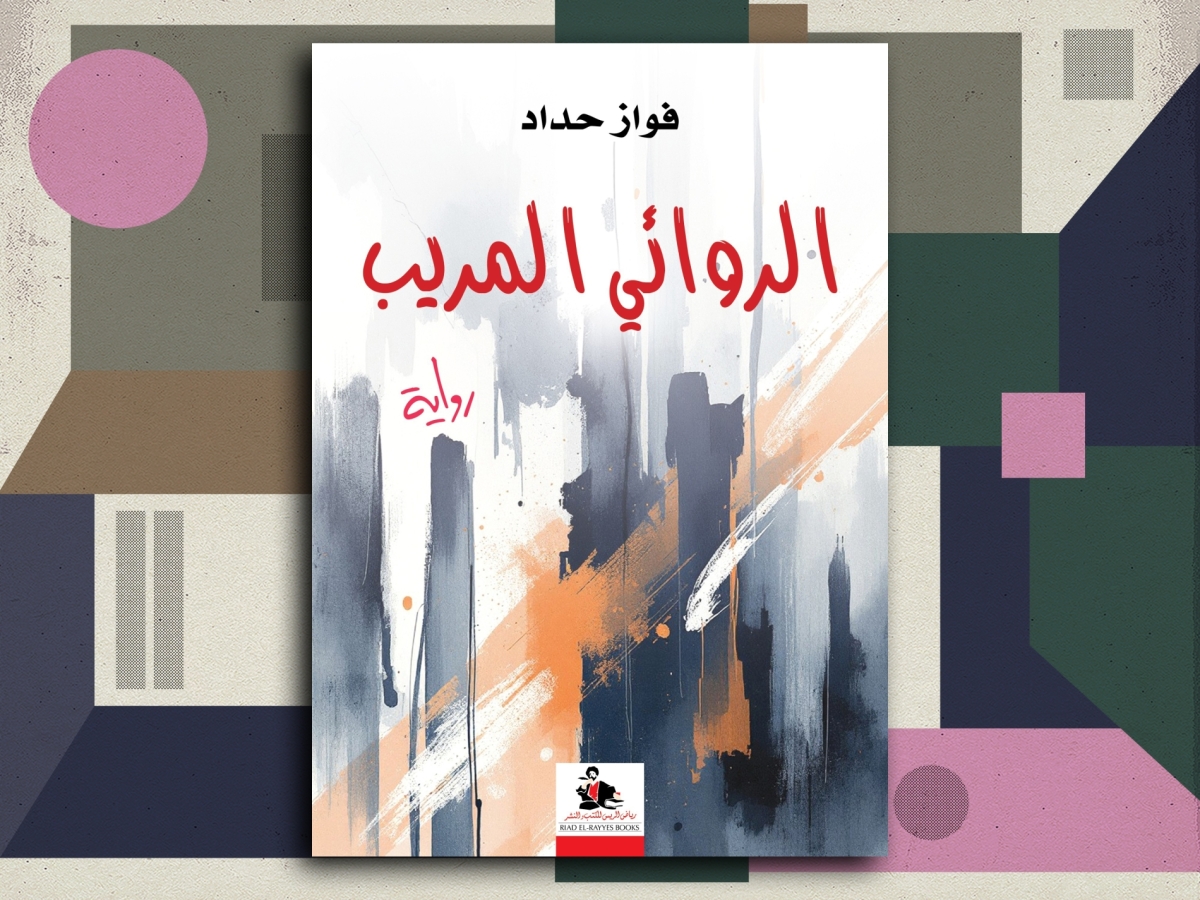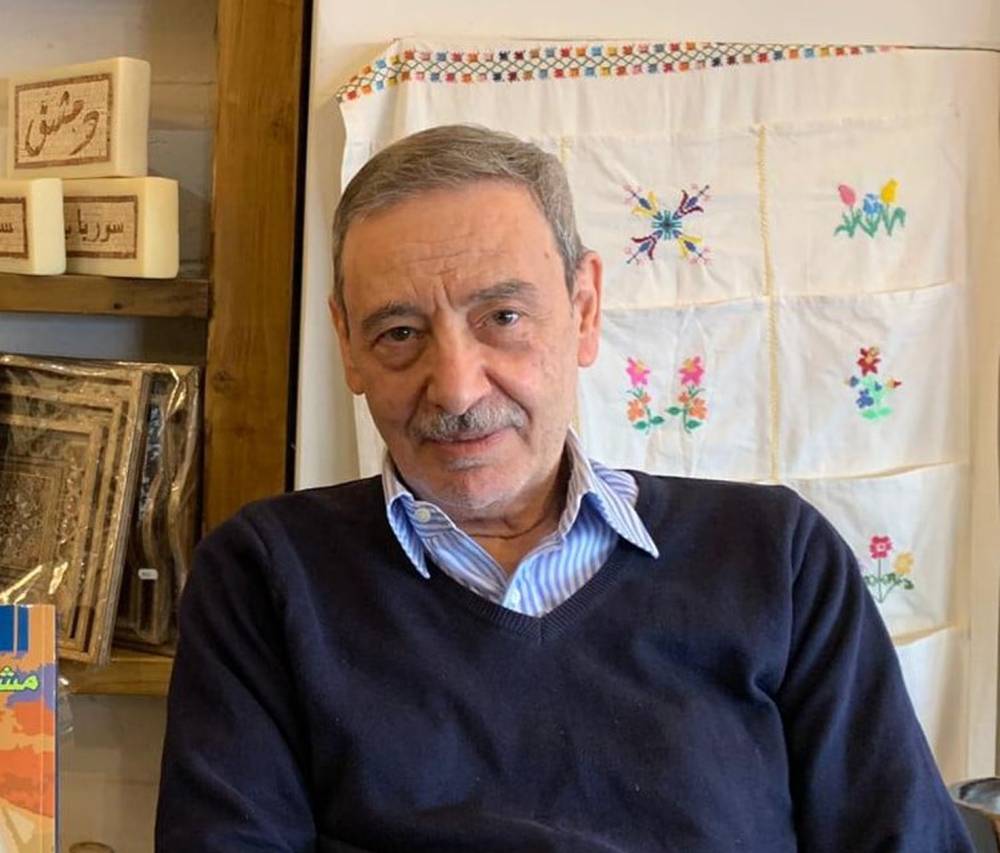The Dubious Novelist by Syrian author Fawwaz Haddad is a densely woven story of a nation in the iron grip of a dictatorship. Teeming with characters and vivid detail, the novel is about an anonymous writer who vanishes after publishing his novel. It traces the arc of Syrian history, from the tentative political openness of the Damascus Spring to the brutality and turbulence of the years that followed. The phantom novelist may be gone, but their influence has not.
They instil fear among regime-aligned intellectuals and provoke a confrontation filled with questions of identity and belonging. Published by Riad El-Rayyes Books in Beirut, the book does not just recount the tale of a writer’s disappearance; it presents their absence as an act of resistance, transforming it into a literary device that exposes Syrian societal fractures and the hypocrisy of a complicit elite. Stories intersect, accounts clash over the identity of the anonymous writer, and voices oscillate between sharp criticism and excessive praise, while the “dubious” figure remains beyond the text, their absence propelling the plot forward.
Haddad constructs a narrative laden with ambiguity, where every attempt to grasp the ‘truth’ is subject to interpretation and perspective. This postmodernist approach turns the text into a maze of reflections. Central authority gives way to multiplicity, and irony stops being peripheral, in a fragile cultural environment corrupted by the regime’s ideology.
Absence as symbolic
“The absence of the ‘phantom novelist’ is not just an event in the plot,” Haddad told Al Majalla. “It mirrors the state of Syria’s cultural scene. He does not represent himself as much as he symbolises the silenced intellectual, whose absence creates a space for expression and reveals the systematic marginalisation of the genuine intellectual. Absence generates a counter-presence through writing. Just as the phantom’s novels were pursued, so too did the phantom pursue the regime and the elites who sided with it.”
For the phantom, reality becomes “a source of truth” at a time when obscurity and submission prevailed. Writing under dictatorship means that works by the likes of Hani al-Rahib, Saadallah Wannous, and Mamdouh Adwan “continue to resonate.”













